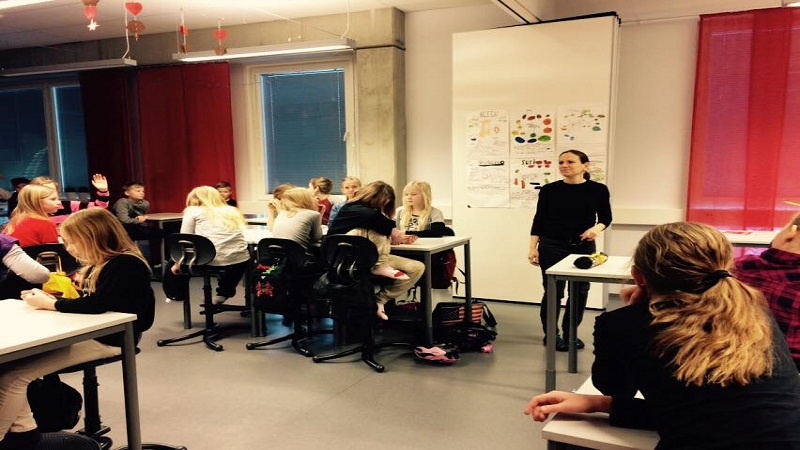The university is completely different from high school: here are three things you should know to tackle the first year in the right way.
How to study and how to behave first year of university?
The first year of university ? If you ask graduates, they will tell you that they remind you of it as the most beautiful period, full of novelties, friendships to tighten and things to discover. Actually being a freshman is not all roses and flowers.
Of course, the university allows you to study what you really want and organize your day as best you think, to make new friends and participate in all the university evenings you want, especially if you are out of town and live with others students who, like you, want to have fun.
However, it is also true that more obligations arise from greater freedom. The university prepares you for the job world, what you will learn will allow you to build a future: so do not take it under your leg.

So here are three things to know, according to experts …
Framed by professors
The first thing to know about how best to deal with the first year of college is the study programs, or rather the professors who hold them. Unlike high schools, class attendance is not mandatory and you may want to stay home to “study” instead of going to university. Nothing wrong! Especially in the first year, it is indispensable to follow the lessons to understand what the professor requires at the exam, if it makes a difference between attending and non-attendants,if you explain things you might not find in the books. Many professors, though not obliging the students to their course, tend to reward those who often see lessons, who ask more questions and come to the receptions to ask for clarification. Without going beyond, make sure you understand how a study program works before you leave it and decide to study at home for examination.
You may also like to read: 3 Key Ways to Get Better Grades on College Papers
Friends count
The second thing to know about the first year of university is closely related to the first one. If you do not attend lessons, you will struggle to make new friends and it will be a shame. The friendships that often huddle university can last a lifetime and are an important support for thoughts during his university years. With them you can share doubts and concerns about a particularly difficult exam, study and review together, as well as organizing evenings and fun-filled days. I therefore suggest you to be immediately friendly and friendly: On the first day of classes you can ask your nearest school what courses you will attend, if you know the professor or someone who has already attended the subject. In this way you will break the ice and you will be able to widen your turn.
How are the exams prepared?
Unlike the superiors, you will only be assessed at the end of the course at the university (unless the professor decides to switch between two or three partial lessons during the semester or the academic year; but you may still decide to give only the final exam). So it’s very important not to go back with the study , or you’ll risk accumulating unimaginable notions to be memorized in the last month (or week) before the exam. Always keep notes , ask a companion if you can not attend a lesson. Ask questions to the professor and read the topics discussed immediately after the lesson . In this way, before examining, you will only have to re-think the concepts and do not look at everything.







